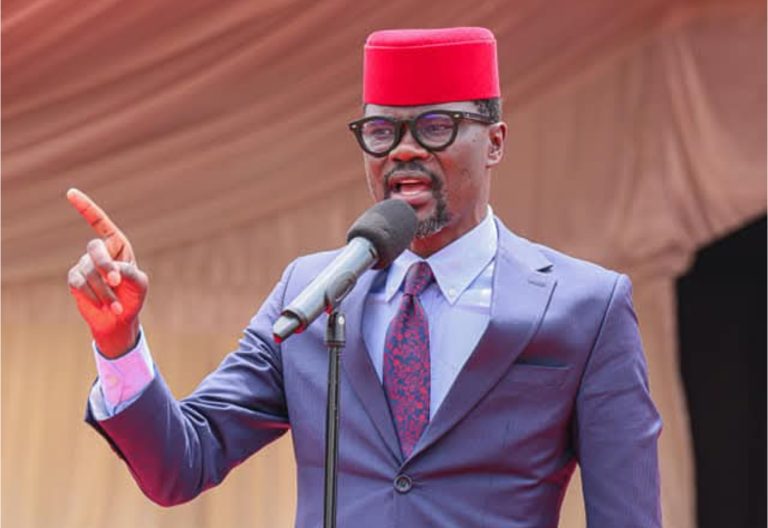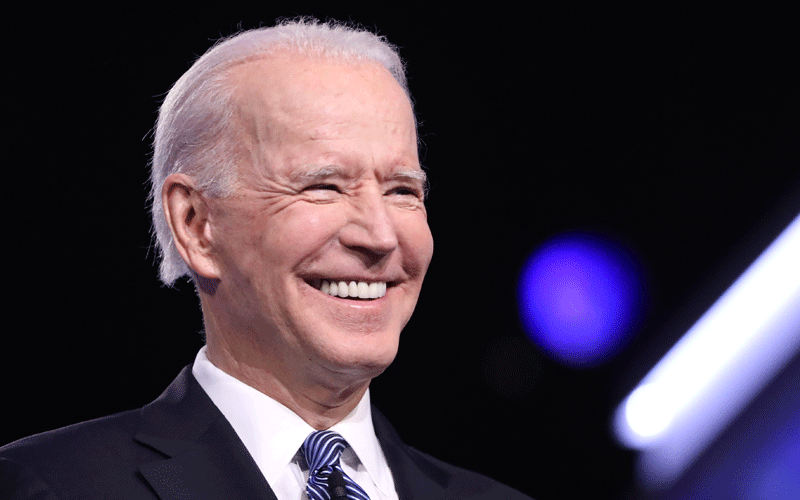When right words matter in dealing hope, purpose
By Kennedy Buhere, January 28, 2021“It has not been for nothing that the word has remained man’s principal toy and tool: without the meanings and values it sustains, all man’s other tools would be worthless.” —Lewis Mumford
For many Americans including the rest of the world, the inauguration of a new President is not as important as what he says on that day.
That is what happened last Wednesday when President Joe Biden was sworn in as the 46th President of the US. His inaugural speech was particularly waited for.
The background was perfect for new words, new perspectives about society, domestic and international politics; racial discord between citizens of white and African descent; an election in which the incumbent not only refused to concede defeat but actively incited his diehard supporters to storm the Capitol to stop the certification of presidential results.
A climate was set up for Biden to say a few appropriate words fit for the occasion: to answer questions uppermost in the minds of Americans as to whether the US, which was “conceived in Liberty, and dedicated to the proposition that all men are created equal can long endure,” and it “assume among the powers of the earth, the separate and equal station to which the Laws of Nature and of Nature’s God entitle them.”
That Americans and the rest of the world stood still during the inauguration.
The interest to watch and listen to what President Biden would speak and did speak proves that words, speechmaking, still matter to any society or group living or desiring to live together.
It is relevant as a tool to inform a people or a nation about new ideas or ways of doing things.
It is a tool to reinforce good ideas or ways of doing things or to abandon altogether, bad ideas or ways of doing things.
It is an enduring tool to persuade a people and a nation to accept and act on certain ideas and attitudes speakers or leaders think useful to address problems or challenges .
Americans and the world looked to Biden’s words because, it is words carefully chosen and arranged that build institutions.
I honestly do not see anything else apart from communication, apart from words that helps a people to connect with one another towards a common cause.
On one hand, words from leaders are at all times, supposed to calm anxieties people have about situations that threaten their lives, property and their peace.
They are, on the other hand, supposed to raise hopes in a people or a nation about opportunities or auspicious vistas inherent in a threatening situation.
Words are the building blocks of groups or institutions. It is the reason public speaking is an indispensable tool in public relations and a great way to communicate critical and timely messages to stakeholders while connecting with them—regardless of whether the relationship friendly, hostile, or indifferent.
The overriding communication functions is to appeal to their good nature so they walk together with you to realise the purpose for which an institution or nation exits.
In his inaugural address, Biden observed: “Politics doesn’t have to be a raging fire destroying everything in its path. Every disagreement doesn’t have to be a cause for total war.”
In these words, Biden reaffirmed the basic foundation of a democracy. That politics is about a continuing conversation about means to ends, and that that conversation, civilly made, can yield better dividends than disorderly debate and engagement of the kind that took place under the watch of his predecessor.
Words still count. A leader, Napoleon Bonaparte said, is a dealer in hope. And tools for dealing in hope are words: right words in the right place addressed to the right people. — The writer is the Communications Officer, Ministry of Education
More Articles

